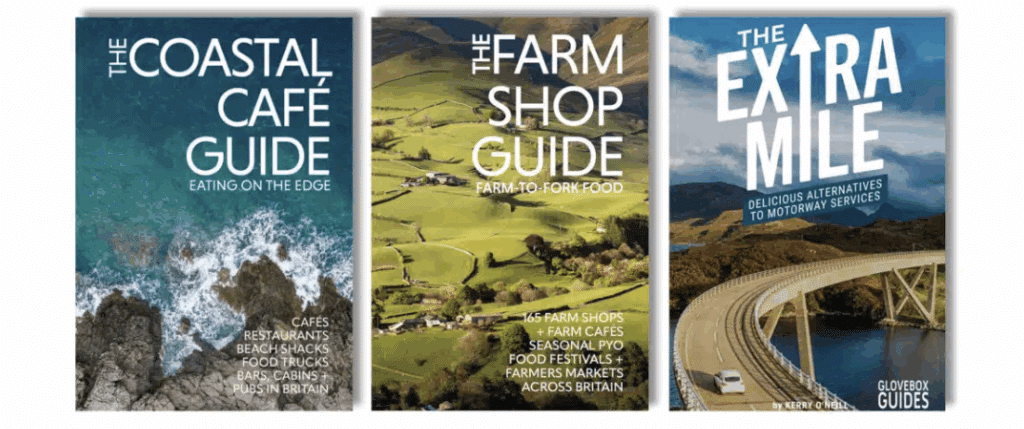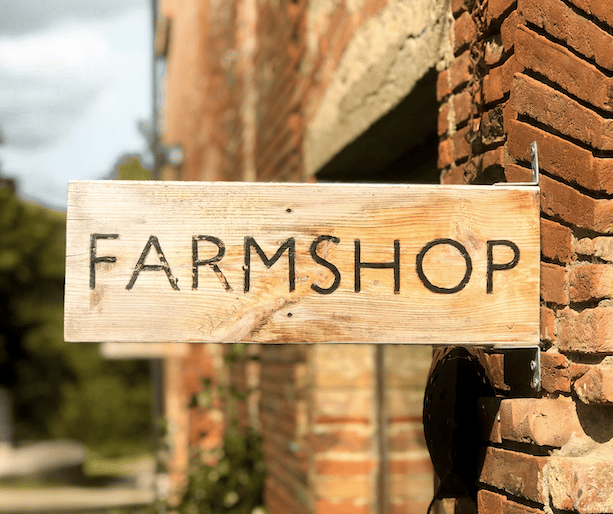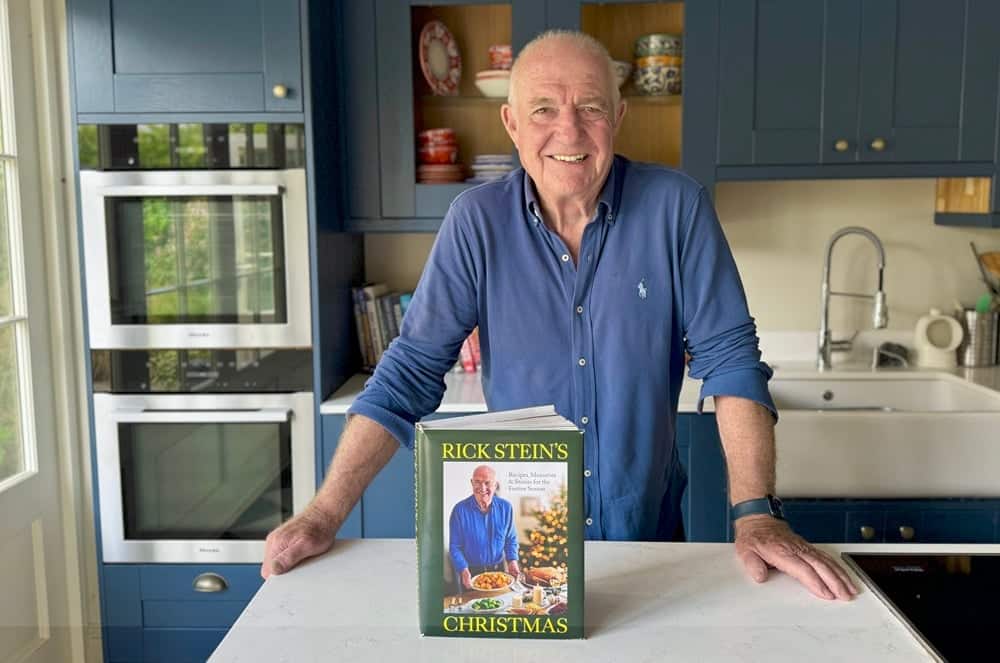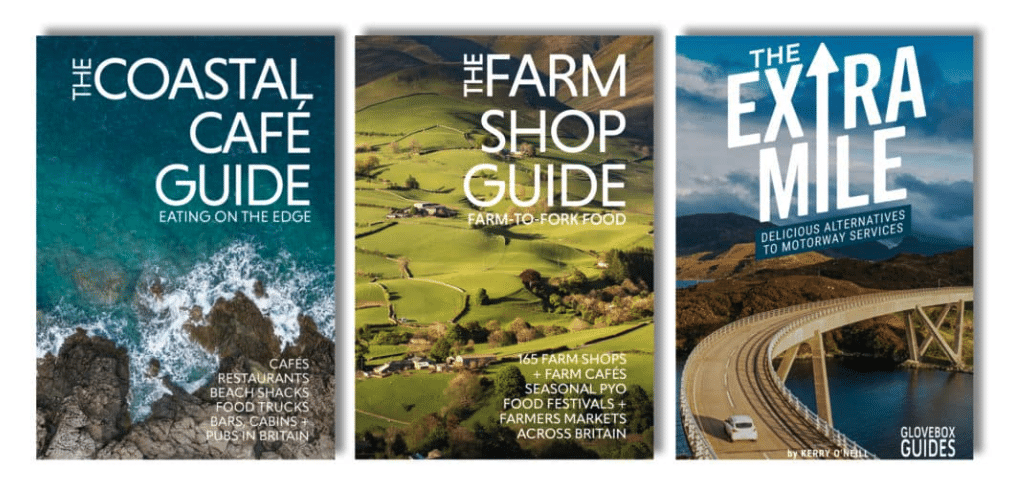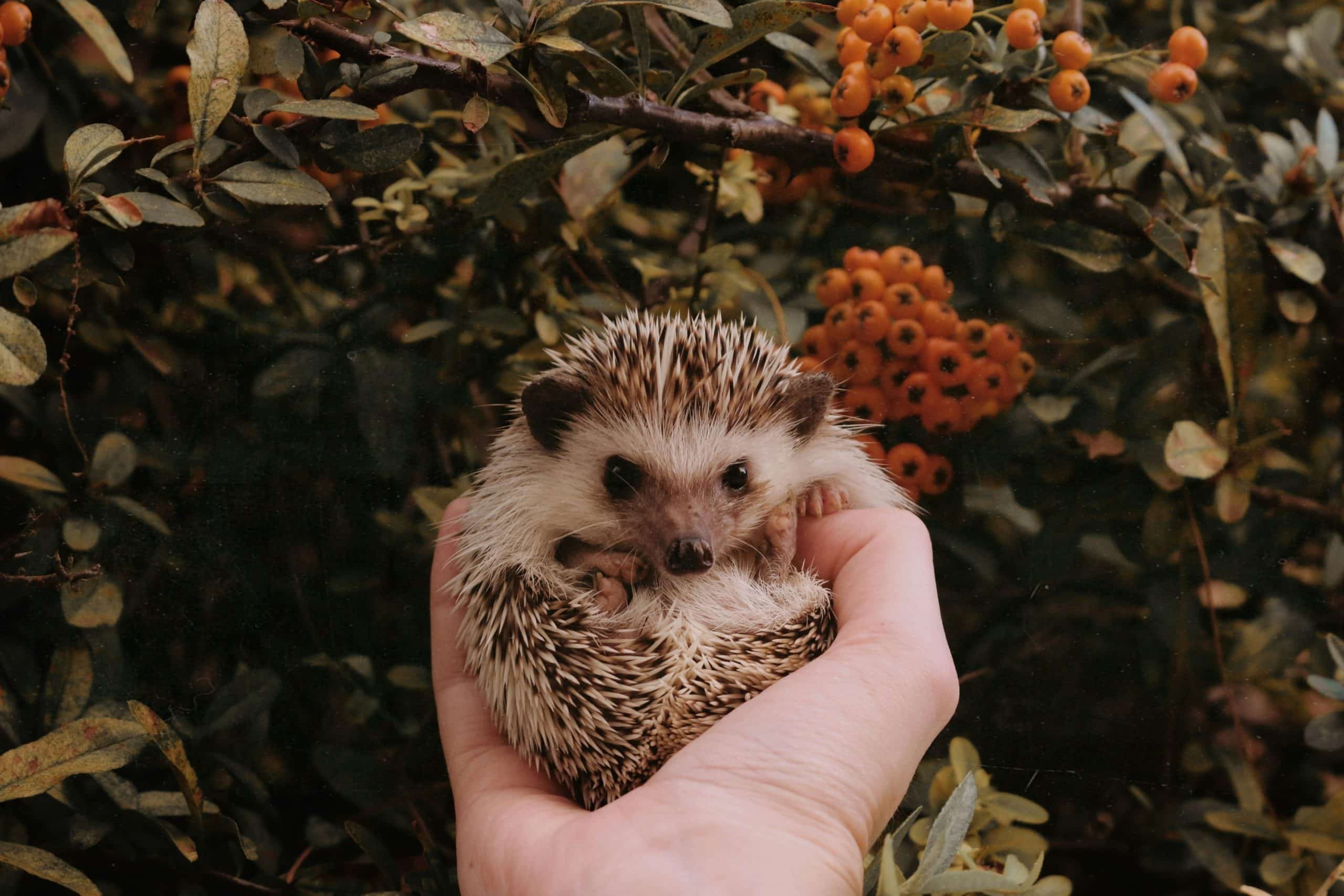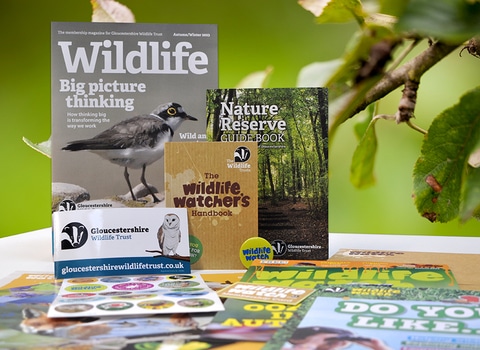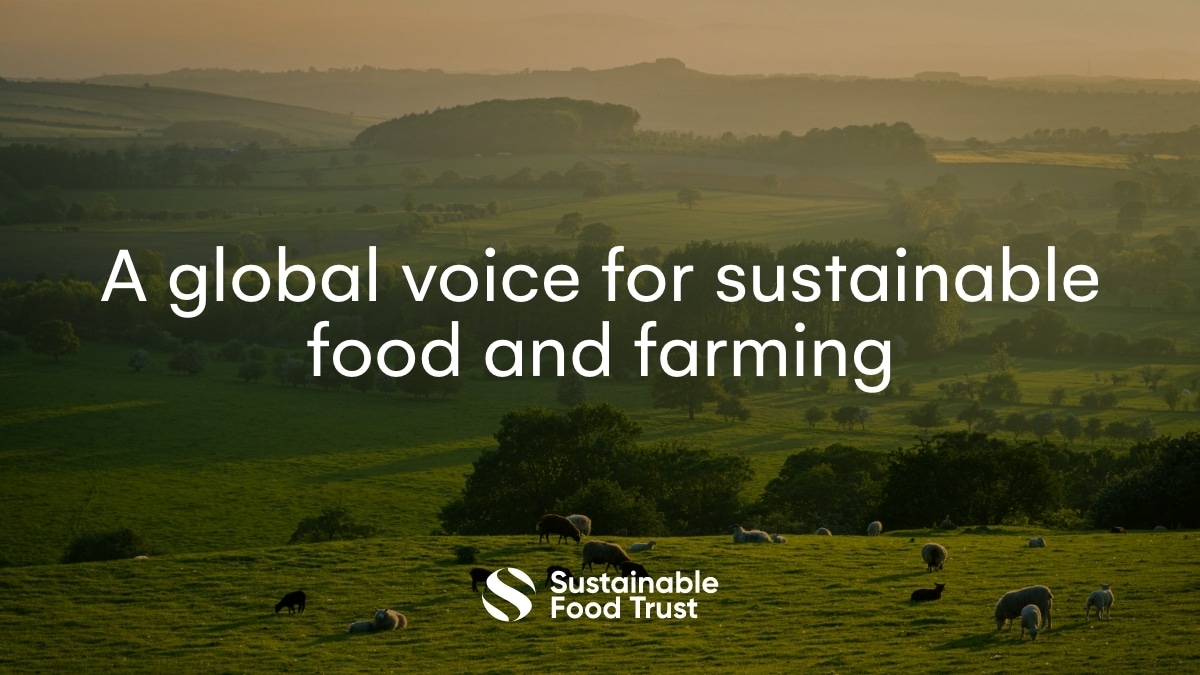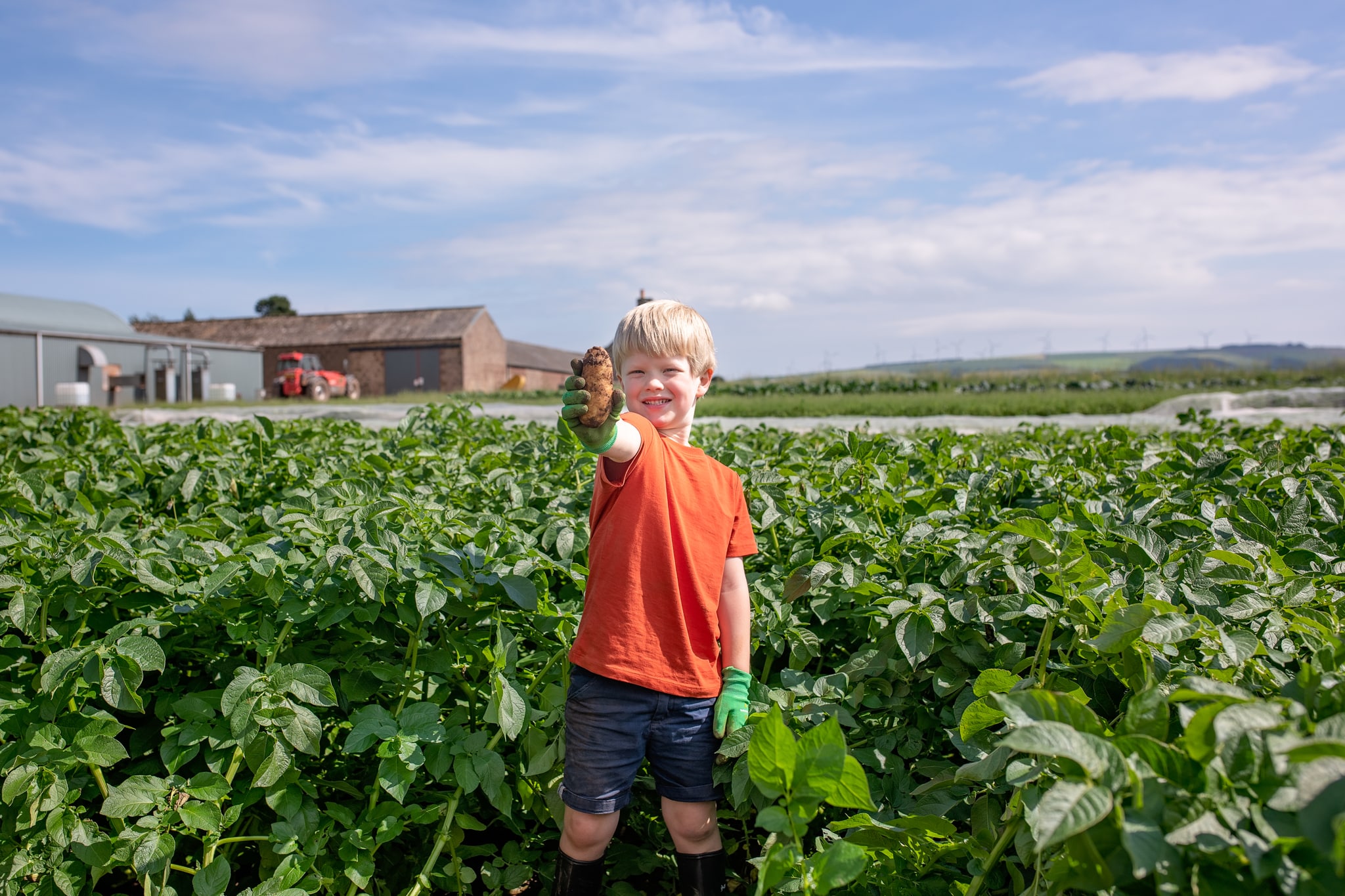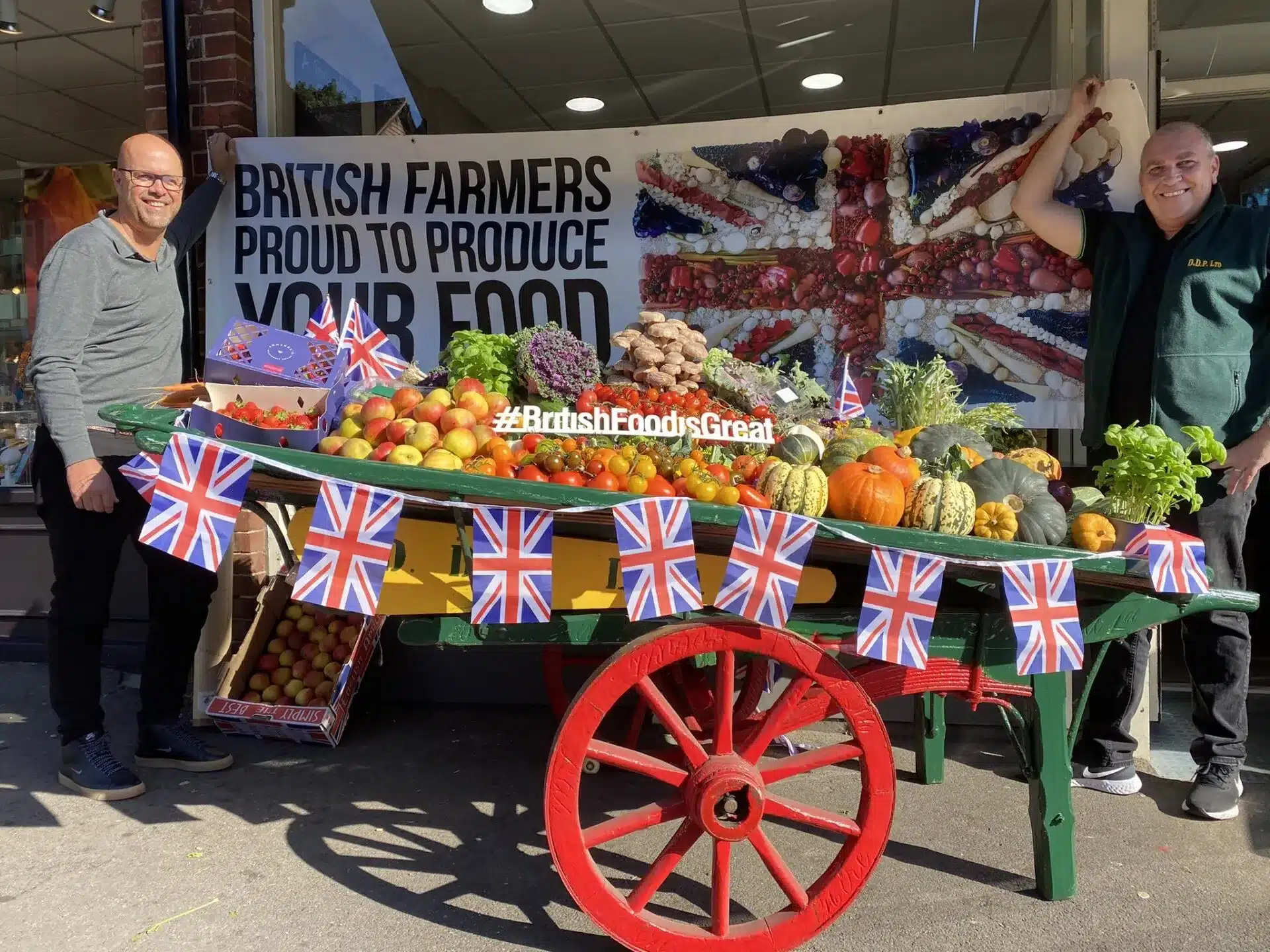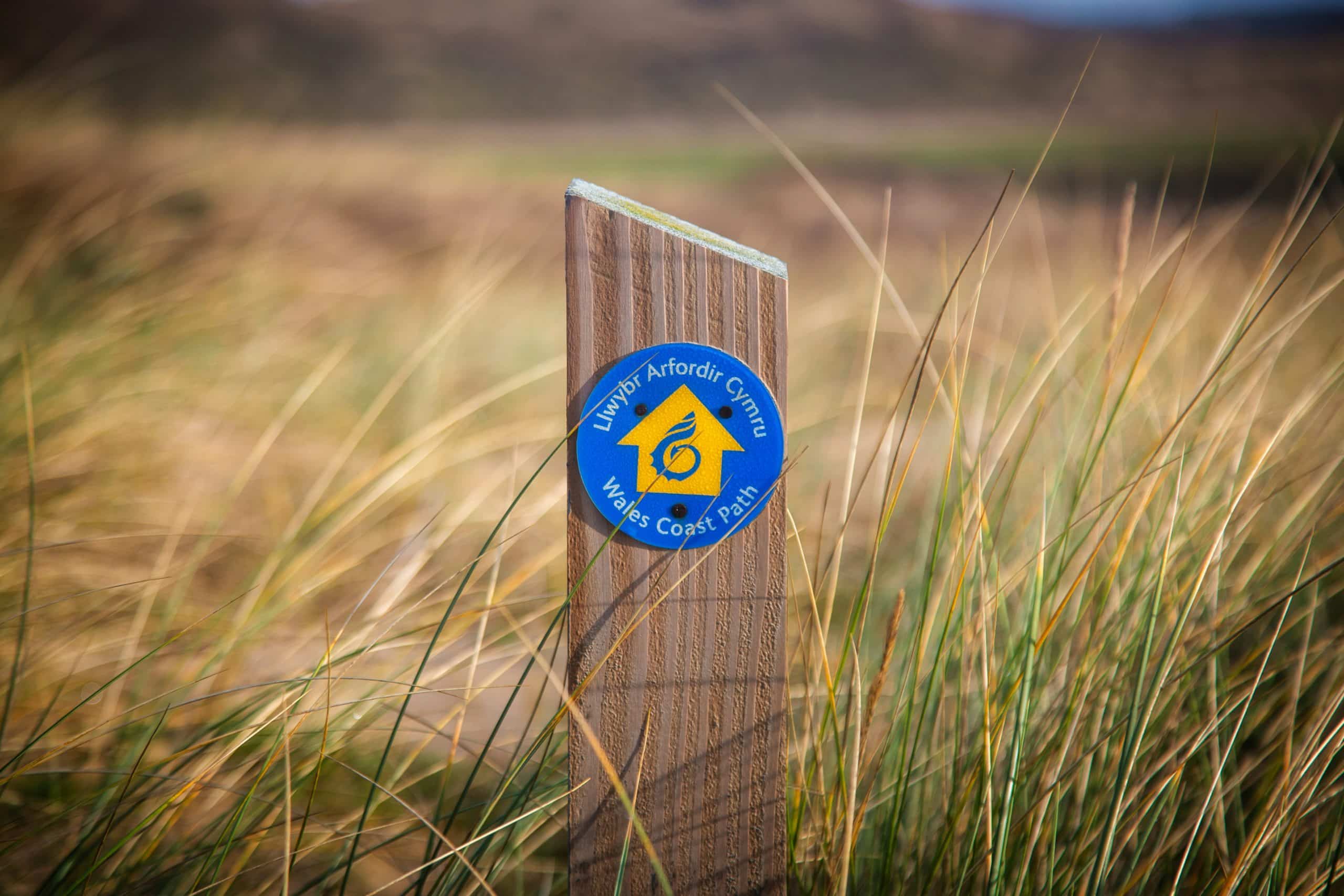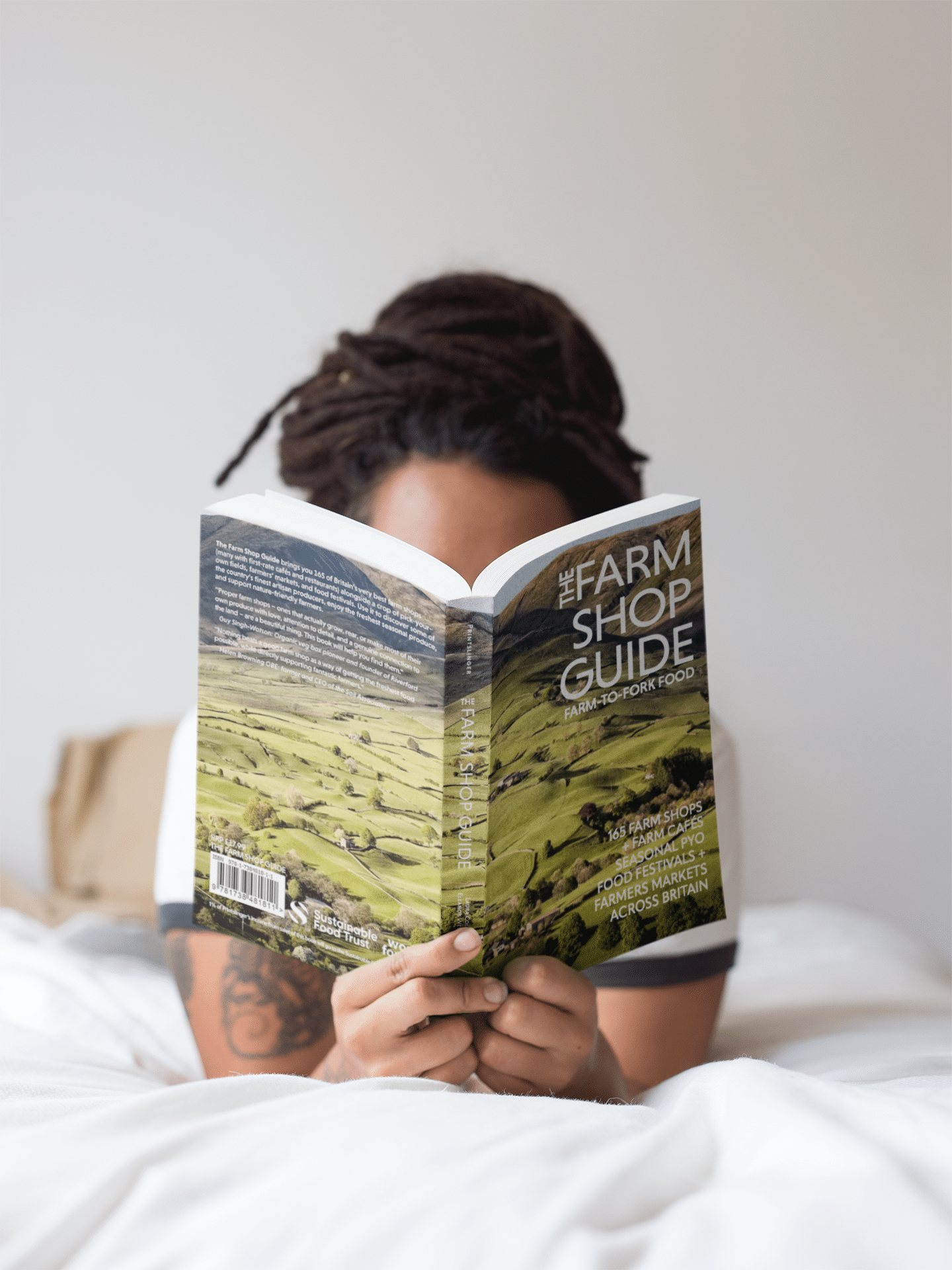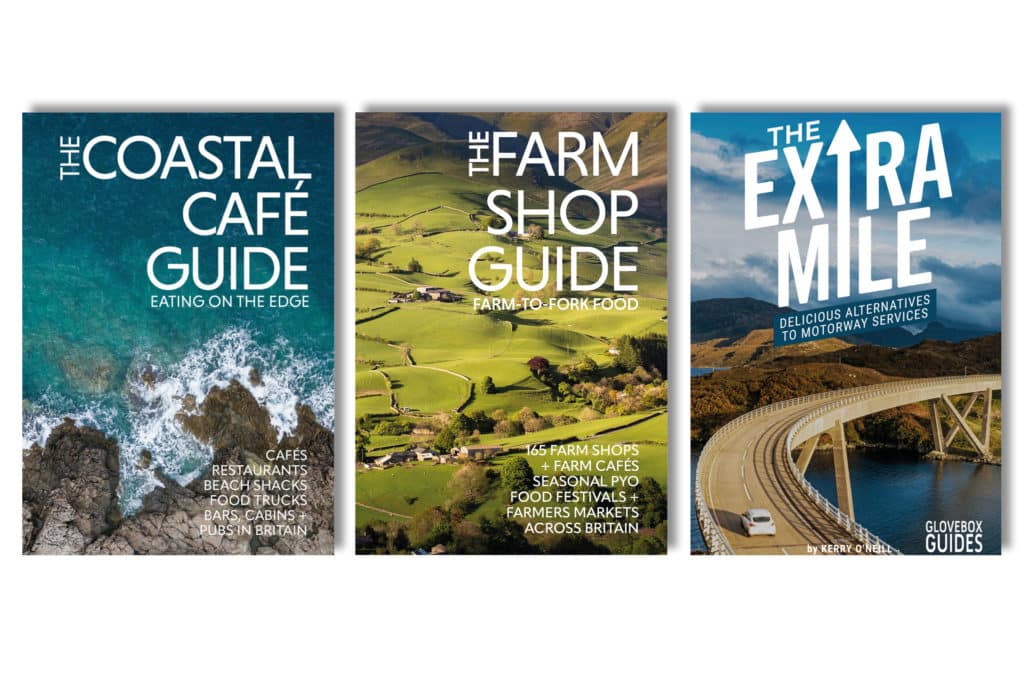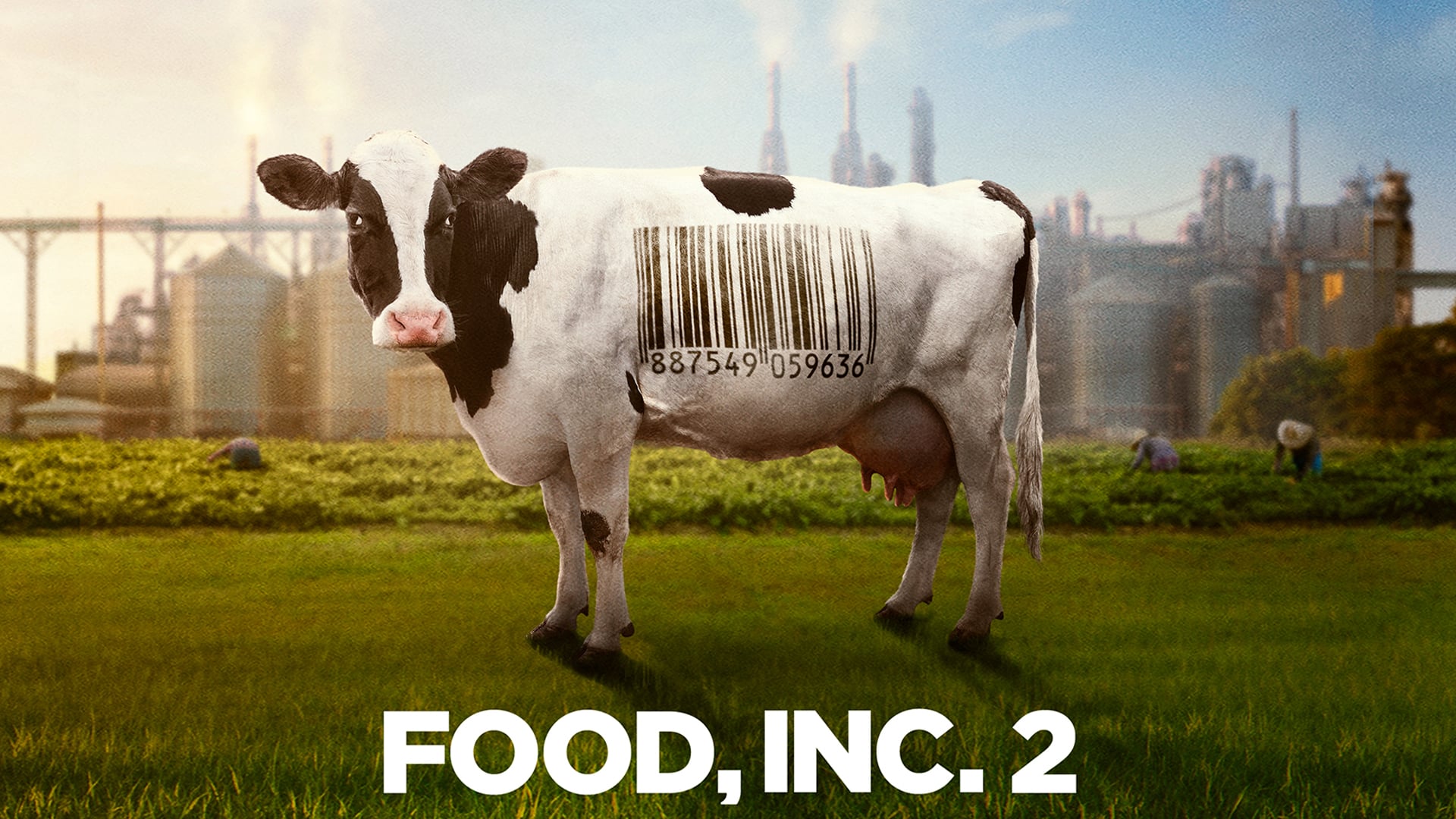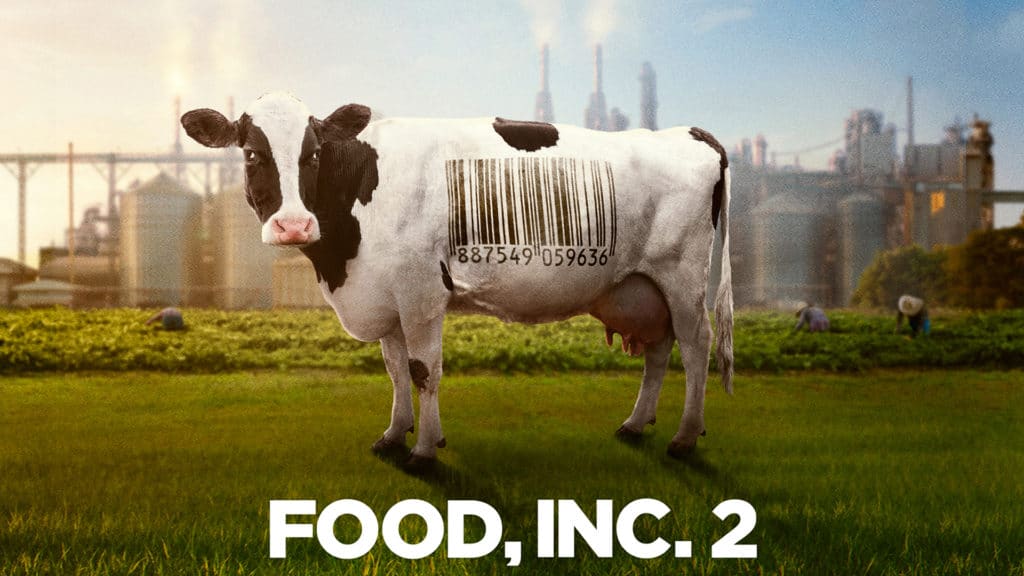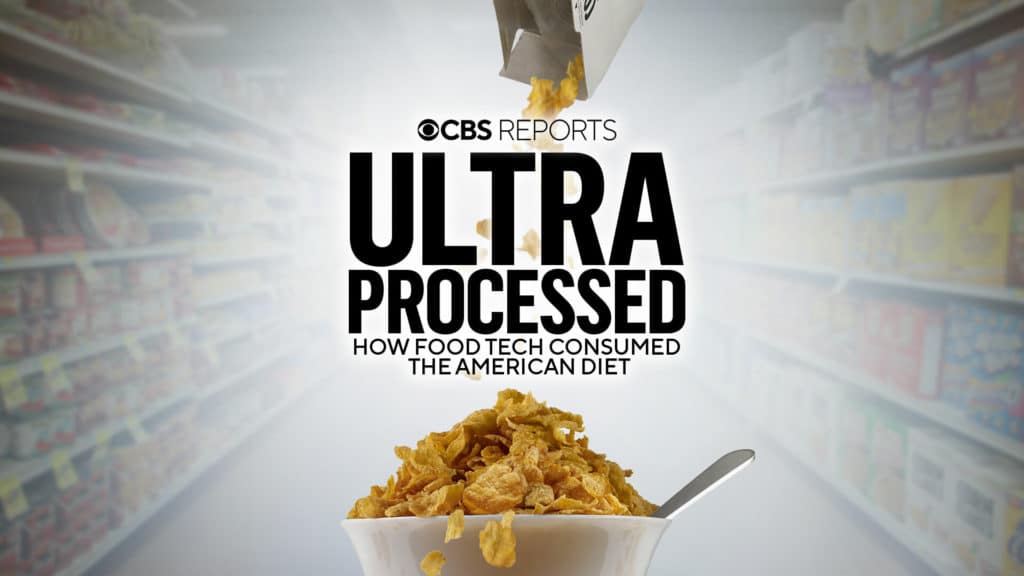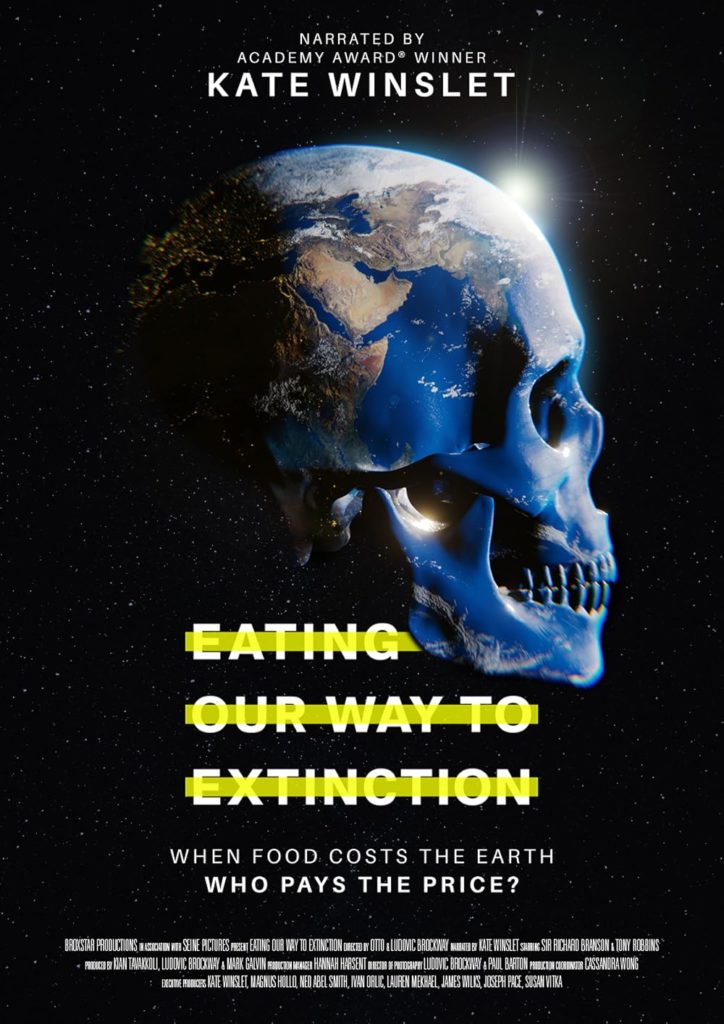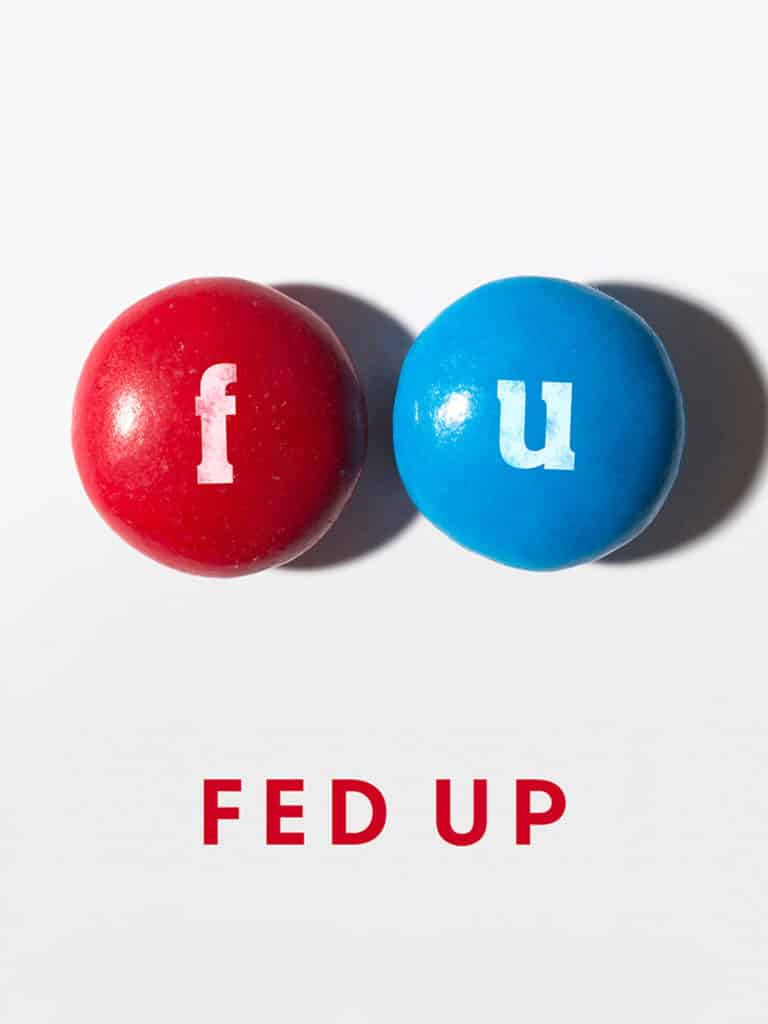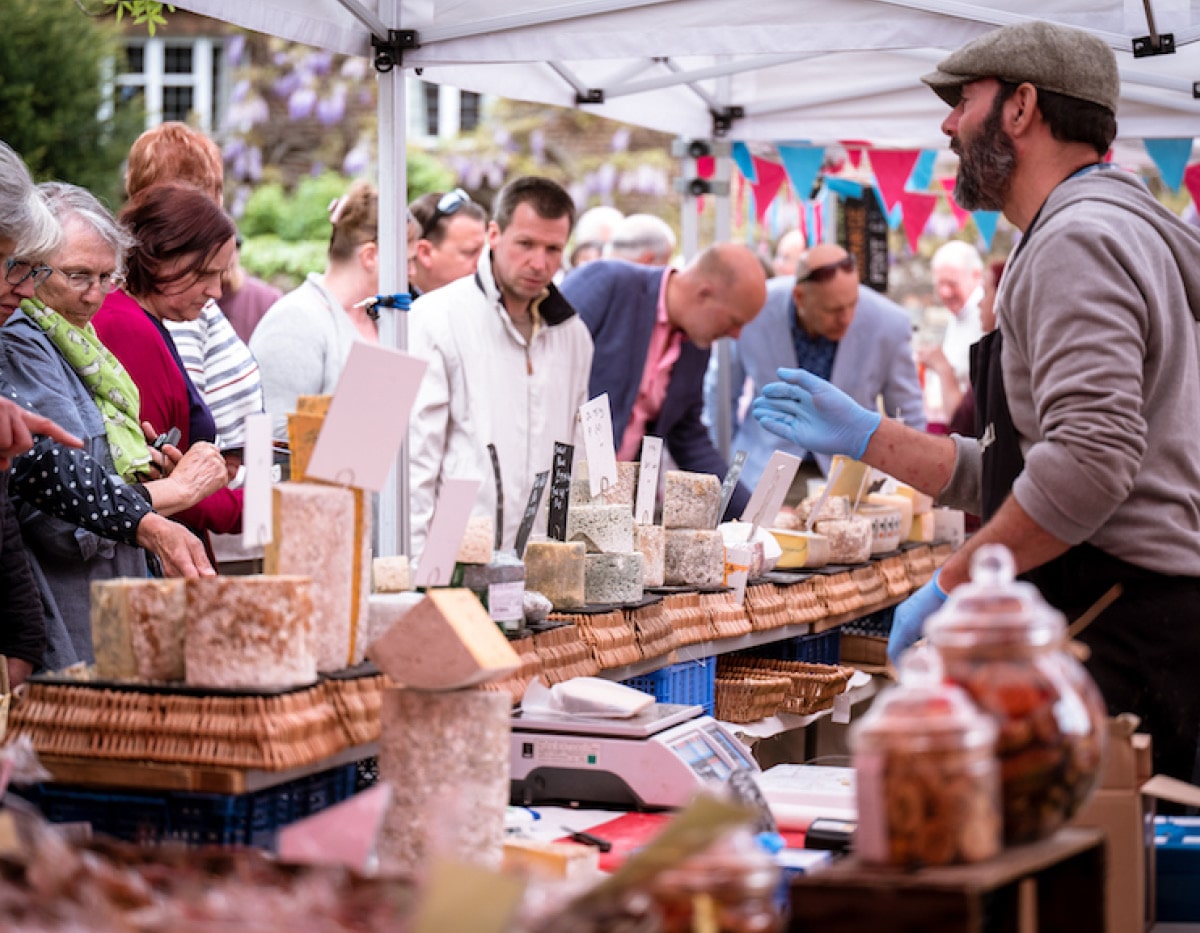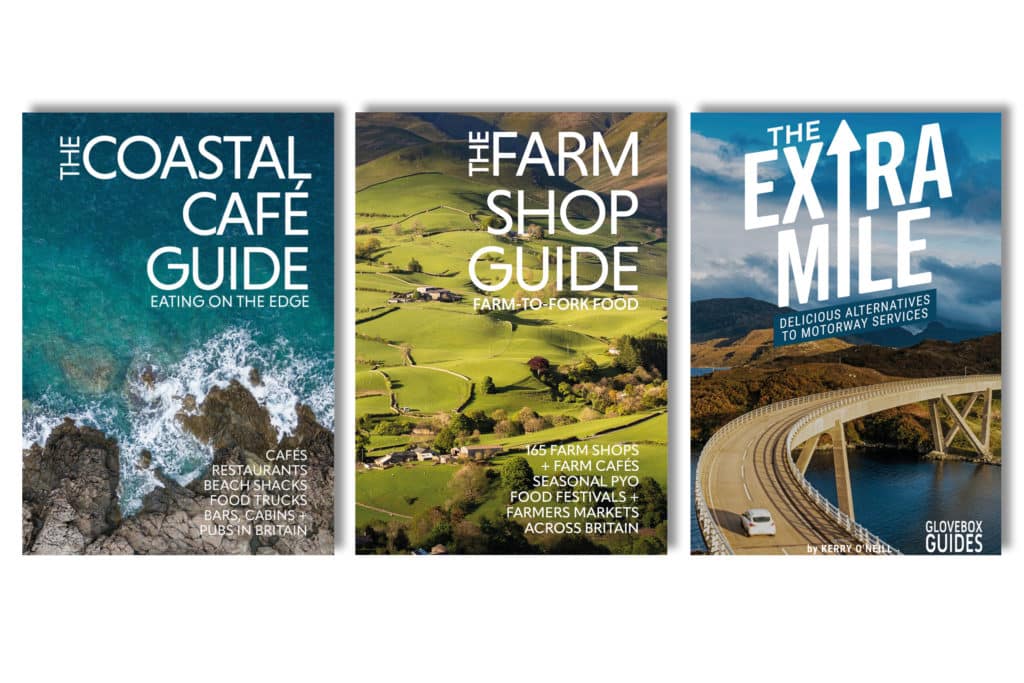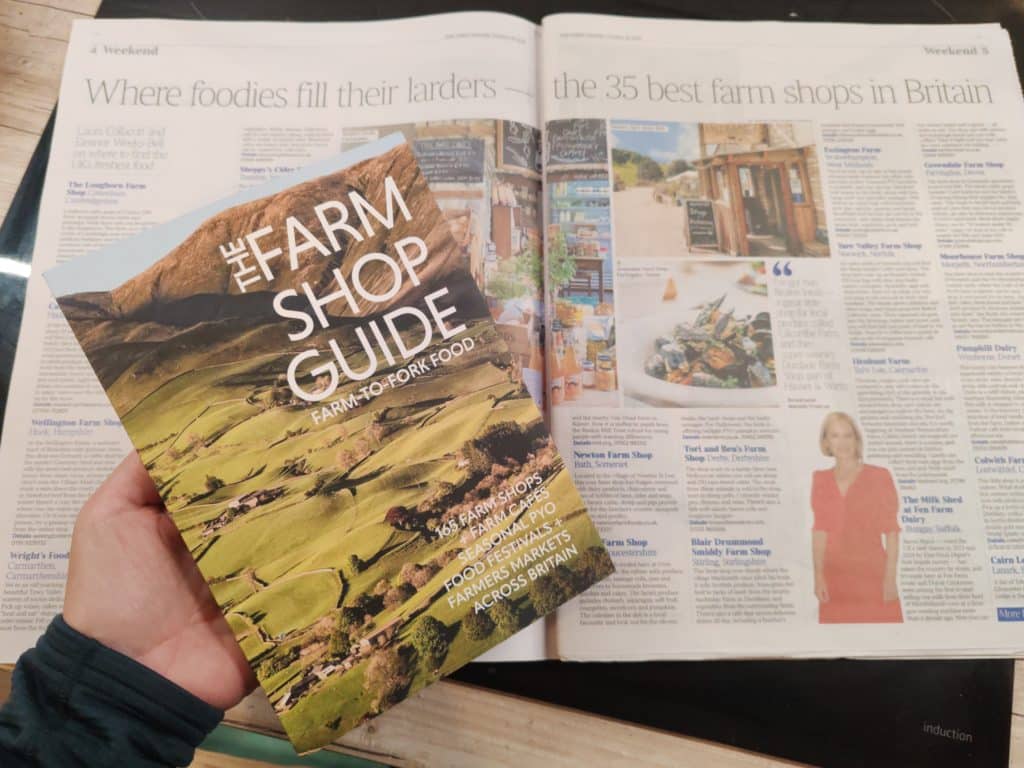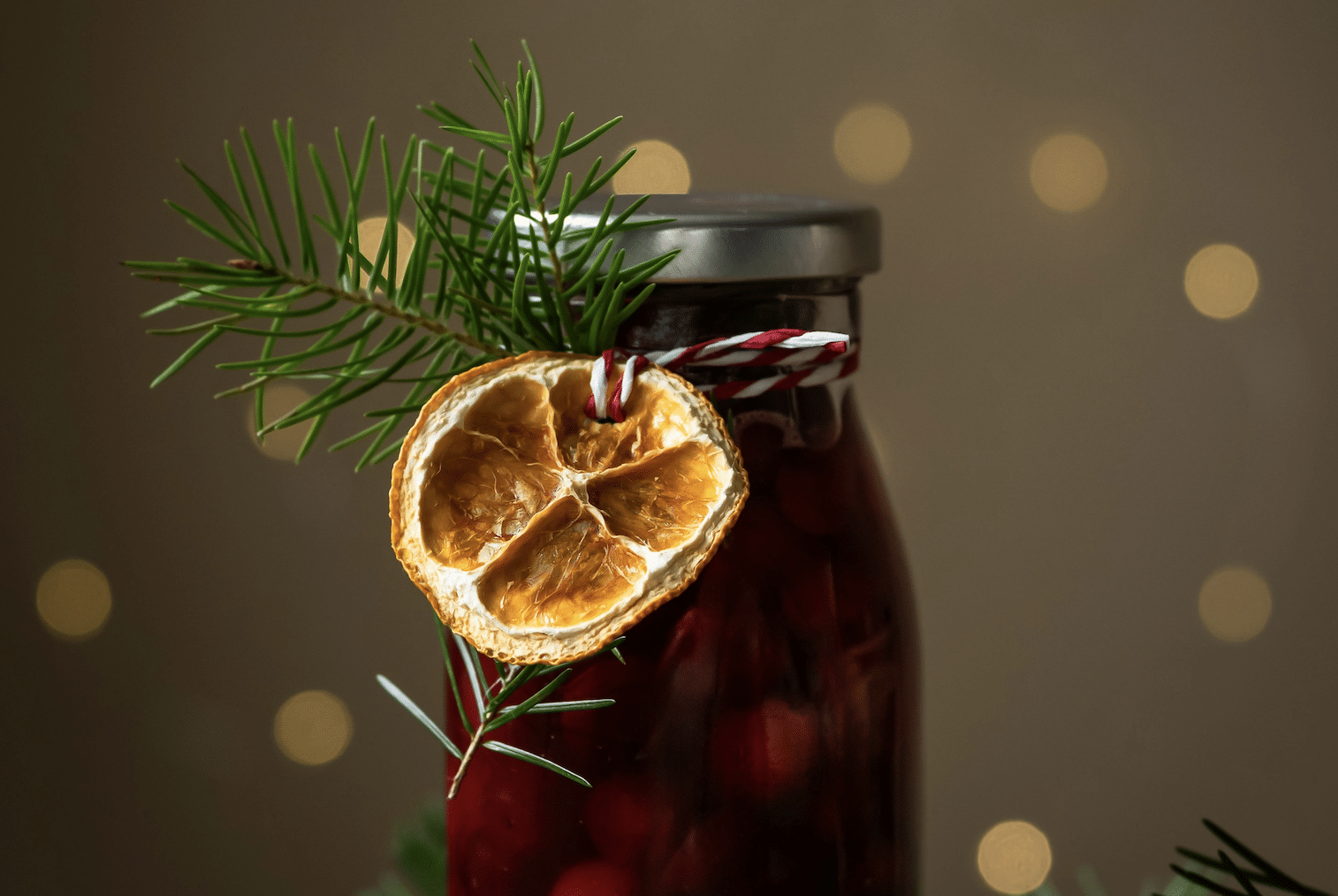
Christmas gift ideas for the foodie who has it all (almost)
If you’re buying for someone who snacks on small-batch pickles, and treats their local farm shop like a spiritual retreat, here are five foodie gifts with enough charm and culinary swagger for the most discerning foodies in your life.
The World-Food Larder's Adventurous Hampers
Why give someone a bottle of wine when you could give them a complete passport to culinary mischief? Sous Chef’s global cooking sets (think punchy Korean gochujang or Mexican chillies that mean business) are essentially edible field trips. Perfect for the gourmand who needs a fitting gift.
A gourmet subscription: the gift that keeps giving
Monthly spice blends, recipe-led kits, clever cookbooks… these foodie subscriptions are the culinary equivalent of sending someone a postcard every few weeks saying, “Yes, I am an excellent gift-giver, thanks for noticing.”
A vegan gift hamper for conscious cooks
Forget those hampers that look like somebody raided a bad corner shop. Eden & Co. offer a cornucopia of vegan-friendly, beautifully sourced hampers, packed with things that taste expensive (in a good way). It whispers “I care about you and the planet,” which is frankly doing a lot of emotional labour for a basket of snacks.
Have a jam session with Single Variety
The Bristol-based Single Variety Co cooks up award-winning chilli jams and fruit preserves. As the name suggests, each jar heroes a single fruit or chilli to showcase its unique flavour, colour, and aroma. They hunt down top-notch produce, cram jars to the brim, and skip the sugar overload. Premium jams, with Bristol attitude.
Food gifts for conscientious cooks: The Farm Shop Guide
This guide is your go-to companion for farm-fresh food, highlighting your local outlets to help you shop seasonally at some of Britain’s best independent farm shops, cafés, and farmers’ markets. Discover family-friendly stops, PYO spots, EV-charging locations, maps and features, plus charities championing better farming. Perfect for food lovers who want flavour, freshness, and local provenance.
Happy shopping for the foodie in your life
We hope our starters for ten give you a bit of ‘inspo’ as you scour the shops and browse the web looking for the perfect gift for the gourmand around your table this Christmas.
Happy shopping , joyous gift giving, and bon appetite to you all x
